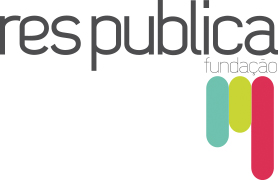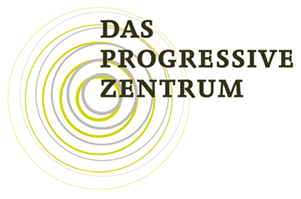
Launch of the report: next event Inequality and the top 10% in Europe
September 23, 2020Did you know you may be among the better off? A great share the top 10% income earners do not recognise themselves as rich or affluent
The study released today actually reveals that, even before the arrival of the Covid-19 pandemic, the most affluent in societies across Europe declared they are struggling with the cost of living and are feeling insecure and fearful about their future and that of their children.
Inequality and the top 10% in Europe is a two-years pioneering study conducted in four European countries which examines the financial position and attitudes towards inequality amongst the top 10% of income earners. Most inequality studies concentrate on contrasting the top 1% with the other 99%. However, given the high participation in conventional politics and the strong political influence of the top 10%, it is vital to understand their economic position, perceptions and values.
The study Inequality and the top 10% in Europe was conducted in the UK, Spain, Sweden and Ireland by the Foundation for Progressive Studies (FEPS) in collaboration with the Think Tank for Action on Social Change (TASC - Ireland), Compass (UK), Fundación Alternativas (Spain) and Arena Idé (Sweden).
Five Key Findings
1. Those in the top 10% do not think of themselves as ‘rich’. They compare themselves and look at the more affluent but rarely interact with those in the top 1% or 0.1%
2. They are further away from the top 1% than they are from the median earner (at 50%). The top 1% of earners is moving further away from the rest of population, also further from the rest of the 10%.
3. They feel politically alienated and disconnected from the rest of the society, despite their political influence.
4. They still hold on to meritocratic narratives to explain inequality; they tend to believe that working hard pays.
5. They support redistribution more than they used to - but of course, the want higher taxes to be targeted on those earning more than they do. Most are ambivalent about or supportive of taxes on wealth whilst they often oppose inheritance tax because they want to leave something for their children.
FEPS President Maria Joao Rodrigues: “This Report lifts the lid on how the so-called success stories of the most advantaged citizens are also failing. They are struggling, often because of the lack of key public service infrastructure in areas like health, education or housing. If the system isn’t working for them, then it certainly isn’t working for anyone else either, except the top 1%. And what about the others 90%? Even worst. We are in face of an extreme concentration of wealth ”
This research shows that any progressive messaging seeking to appeal to the top 10% has to stress that greater equality benefits everyone, even themselves, and public investment in public services provides the antidote to insecurity and financial vulnerability.
Check the presentation by Marcos Gonzalez Hernando, Research coordinator for the project (slideshow)





























































